NATO: Situation in Kosovo improves, problems in north
NATO Secretary General Anders Fogh Rasmussen stated in his annual report published on Thursday that the situation in Kosovo "improved in 2012".
Thursday, 31.01.2013.
14:03

BRUSSELS NATO Secretary General Anders Fogh Rasmussen stated in his annual report published on Thursday that the situation in Kosovo "improved in 2012". However, there are still many issues to be resolved he said - "particularly in the northern part of Kosovo". NATO: Situation in Kosovo improves, problems in north According to Rasmussen, "key to solve the political deadlock over northern Kosovo" lies in the progress of Belgrade-Pristina dialogue. "After a difficult year in 2011 with a number of serious incidents, the situation in Kosovo improved in 2012 thanks to KFOR's sustained efforts, in close cooperation with the European Union's Rule of Law Mission (EULEX)," reads the report on NATO's activities Rasmussen presented to journalists in Brussels. However, the secretary general cautioned that "corruption, organized crime and the lack of economic development continue to influence the general security situation, particularly in the northern part of Kosovo." In the Kosovo-related part of the report, Rasmussen stated that NATO is not planning to reduce the number of KFOR troops, and that there are currently less than 6,000 KFOR soldiers there. NATO will continue to transfer responsibility for the protection of Serb cultural heritage in Kosovo to the Kosovo police, and the Pec Patriarchate should be the next site to be “unfixed” in 2013, the report reads. From the original nine KFOR-protected sites in Kosovo, only two such sites, the Pec Patriarchate and the Decani Monastery, remain under direct KFOR protection and are likely to be transferred in the near future. Progress has been achieved in the EU-sponsored Dialogue between Belgrade and Pristina, Rasmussen stated, pointing out that this dialogue for "normalization of relations between Serbia and Kosovo" remains key to solve the political deadlock over northern Kosovo. (Beta/AP) Tanjug
NATO: Situation in Kosovo improves, problems in north
According to Rasmussen, "key to solve the political deadlock over northern Kosovo" lies in the progress of Belgrade-Pristina dialogue."After a difficult year in 2011 with a number of serious incidents, the situation in Kosovo improved in 2012 thanks to KFOR's sustained efforts, in close cooperation with the European Union's Rule of Law Mission (EULEX)," reads the report on NATO's activities Rasmussen presented to journalists in Brussels.
However, the secretary general cautioned that "corruption, organized crime and the lack of economic development continue to influence the general security situation, particularly in the northern part of Kosovo."
In the Kosovo-related part of the report, Rasmussen stated that NATO is not planning to reduce the number of KFOR troops, and that there are currently less than 6,000 KFOR soldiers there.
NATO will continue to transfer responsibility for the protection of Serb cultural heritage in Kosovo to the Kosovo police, and the Peć Patriarchate should be the next site to be “unfixed” in 2013, the report reads.
From the original nine KFOR-protected sites in Kosovo, only two such sites, the Peć Patriarchate and the Decani Monastery, remain under direct KFOR protection and are likely to be transferred in the near future.
Progress has been achieved in the EU-sponsored Dialogue between Belgrade and Priština, Rasmussen stated, pointing out that this dialogue for "normalization of relations between Serbia and Kosovo" remains key to solve the political deadlock over northern Kosovo.





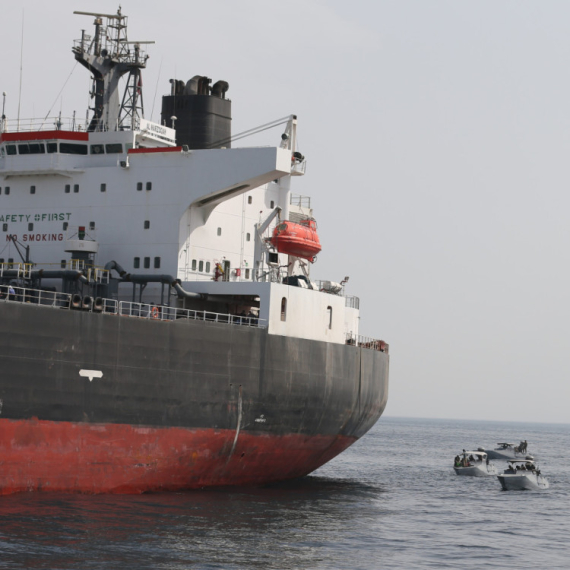









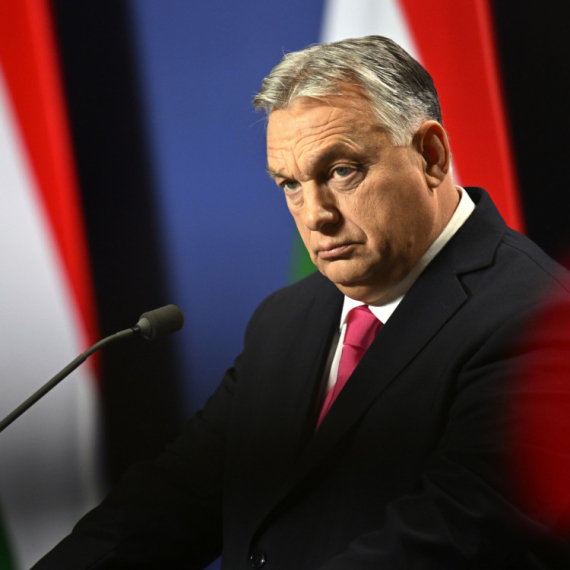
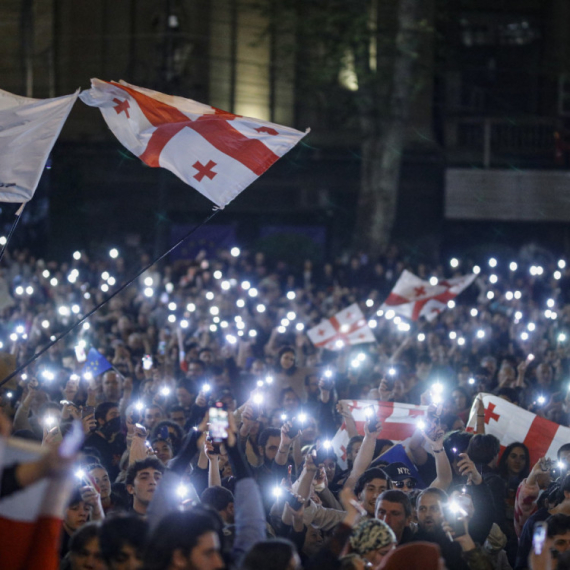

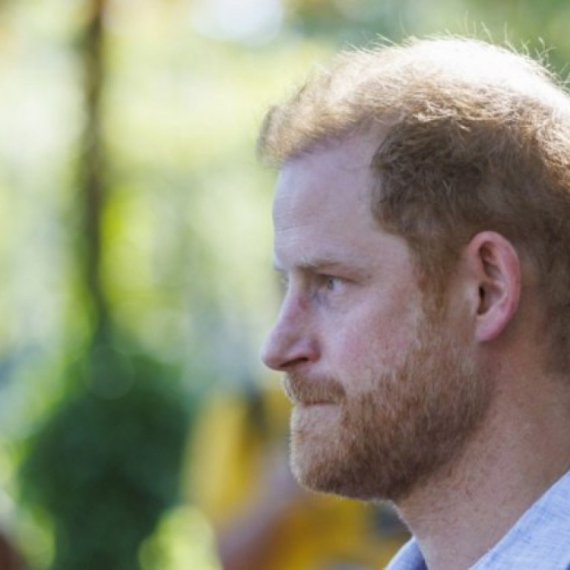






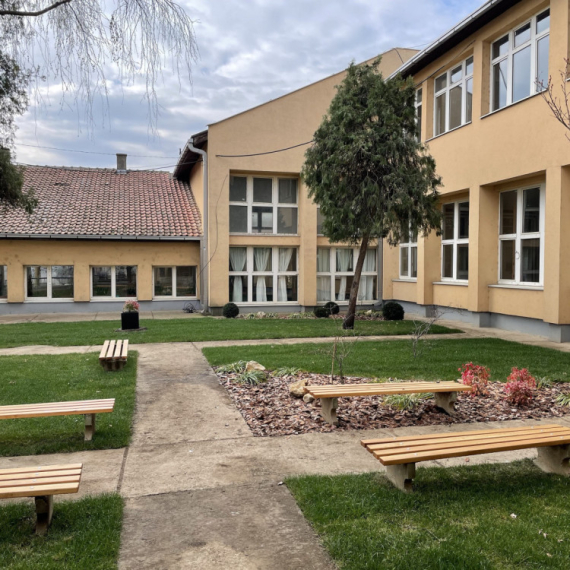





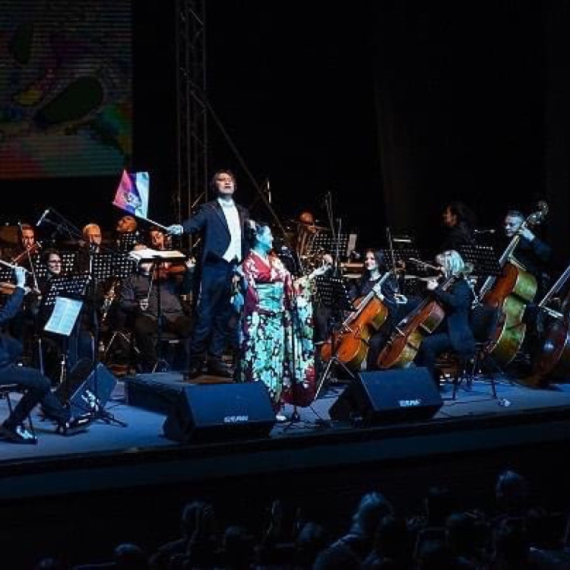









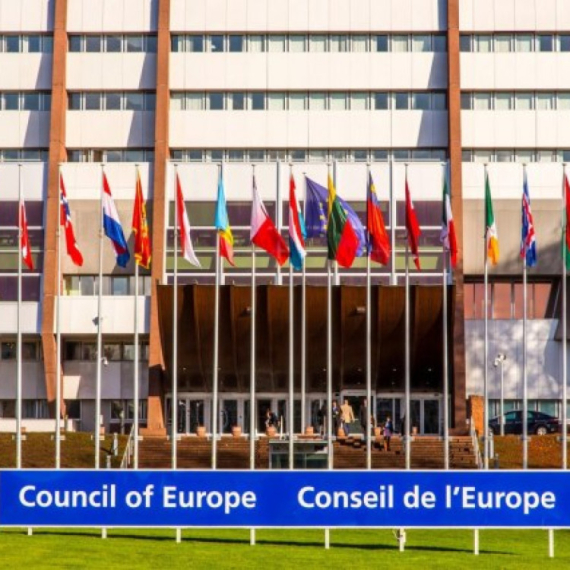



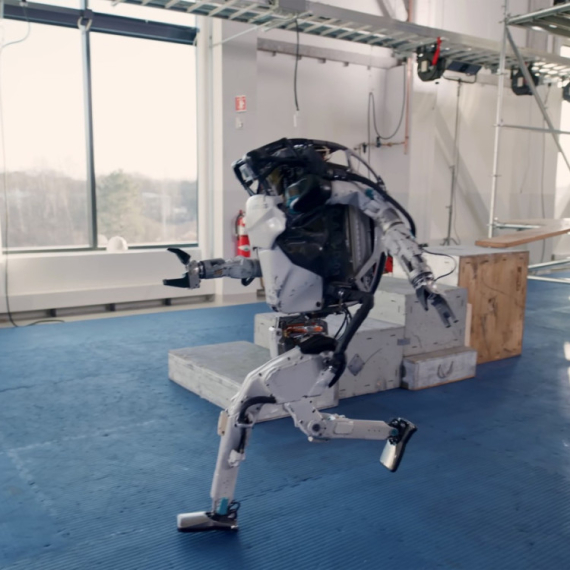






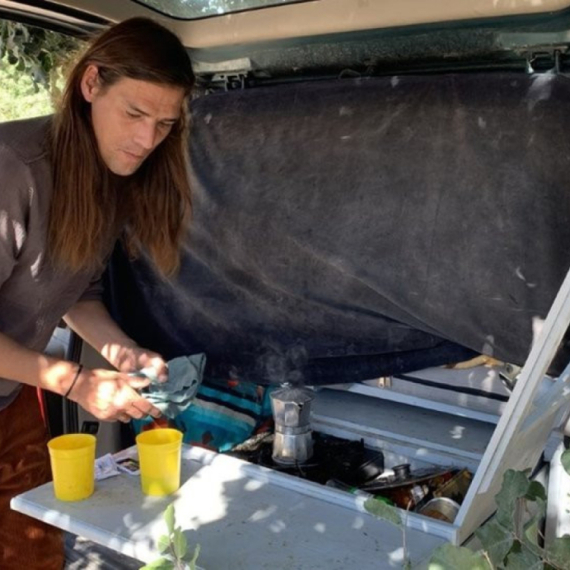
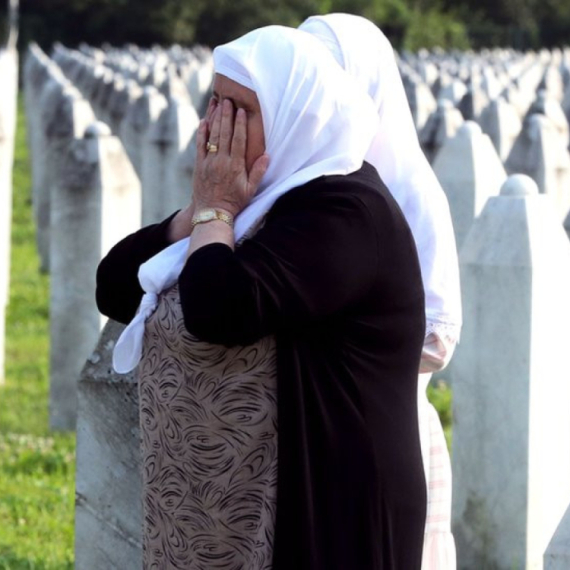
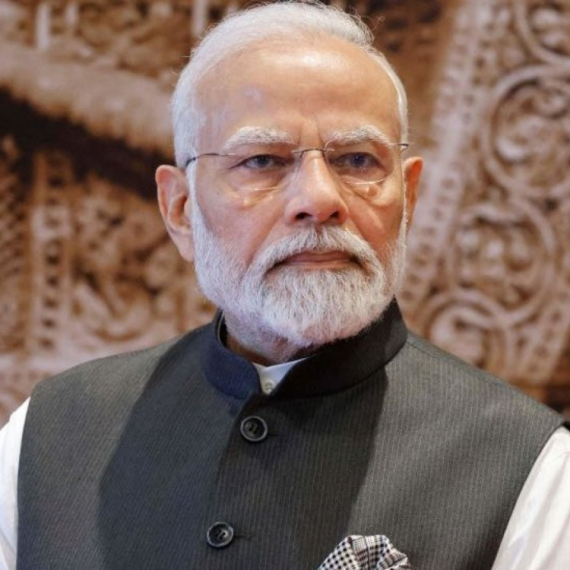
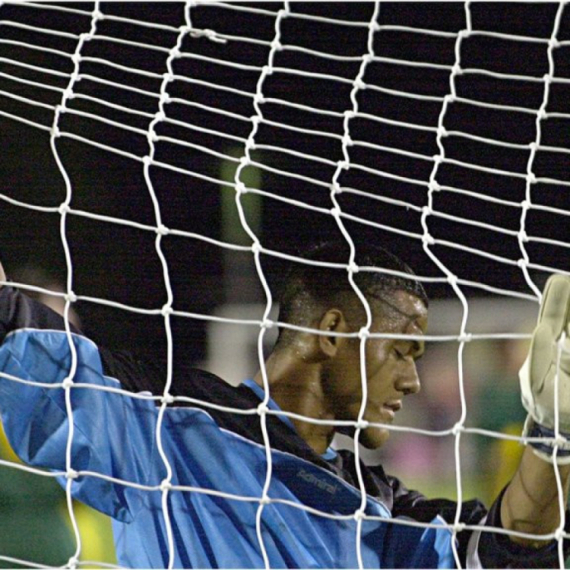
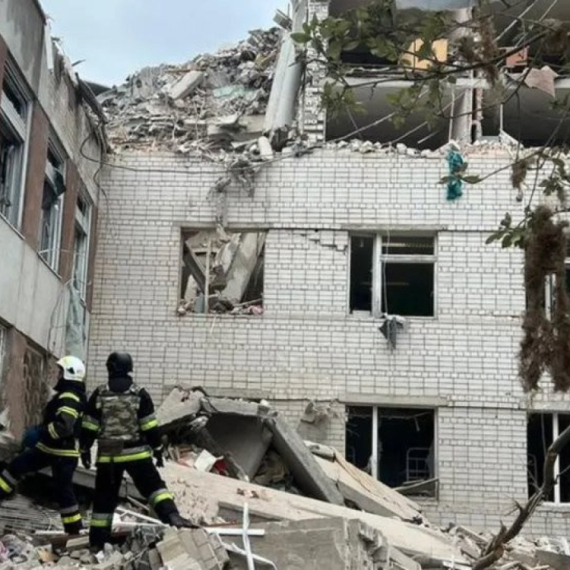

Komentari 10
Pogledaj komentare